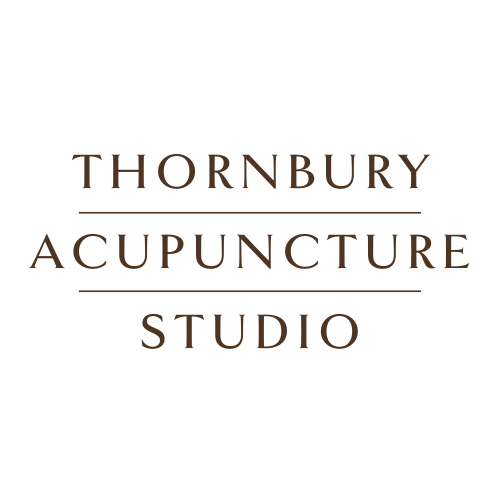Chinese Medicine
Chinese medicine is a holistic medicine. The whole body, mind and spirit are taken into account, which means your treatment will be unique to you.
Chinese medicine dates back over 2000 years and is one of the oldest and most revered health systems in the world.
Our practitioners have experience with a wide range of health complaints, including:
Your consultation
When you visit a Chinese medicine practitioner, you may have a main complaint such as back pain. Your practitioner will assess your entire well being in order to establish the deeper cause of your symptoms. This means that we will often ask questions unrelated to your main complaint or work with areas of the body that seem unrelated. For example, we commonly use acupuncture points on the legs and feet for back pain – though the exact combination always depends on you!
What to expect
We use a variety of diagnostic techniques, many of which have been passed down through generations of Chinese medicine doctors.
Taking the pulse
At each session we will take your pulse, which is like taking a snapshot of the way your body’s energy is moving. It reflects the way your body is dealing with the challenges thrown by life and shows up areas of weakness or stuckness. Changes in your condition are always reflected in the pulse, so we take the pulse at every session. This way we can put together a treatment that is relevant to you every time you come in.
Tongue diagnosis
We also commonly use tongue diagnosis to help us get a complete picture of your health. According to Chinese medicine, the health of the entire body is reflected on the tongue. We assess the shape and colour of the tongue as well as the colour and texture of the tongue coating. Many of us feel uncomfortable or rude sticking our out at a stranger, but remember, to your practitioner this a normal part of the diagnostic process.
Abdominal palpation
Abdominal palpation is a diagnostic technique in which your practitioner uses their hands to get an understanding of the terrain of your belly. The state of your abdomen gives your practitioner clues about your state of health. A healthy abdomen is warm to the touch with firm but supple muscles. Very dry and hard muscles, lax muscles, lumps and knots, or a belly that is feverish or too cold indicate imbalance. This information helps your practitioner understand how to approach your acupuncture and herbal treatment.
Research into Chinese medicine
Chinese medicine is widely respected today, not only in China but all over the world, and the many clinical trials that have been undertaken into the effects of acupuncture and herbal medicine are gradually beginning to shine a light on their effectiveness. Research continues all over the world.
Throughout the website there are links to some of the most up to date research into Chinese medicine. Please be aware that most high-quality clinical trials are structured so that all patients receive identical or very similar treatment. In the scientific model, this makes it easier to make correlations between intervention and effect. In the clinic, we focus on personalised treatment, and we believe that the strength of Chinese medicine lies in its ability to perceive and respond to the individual.

